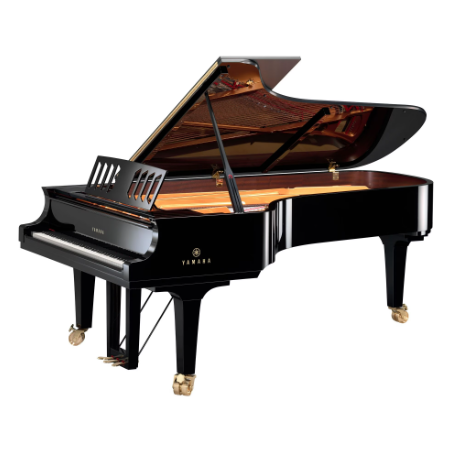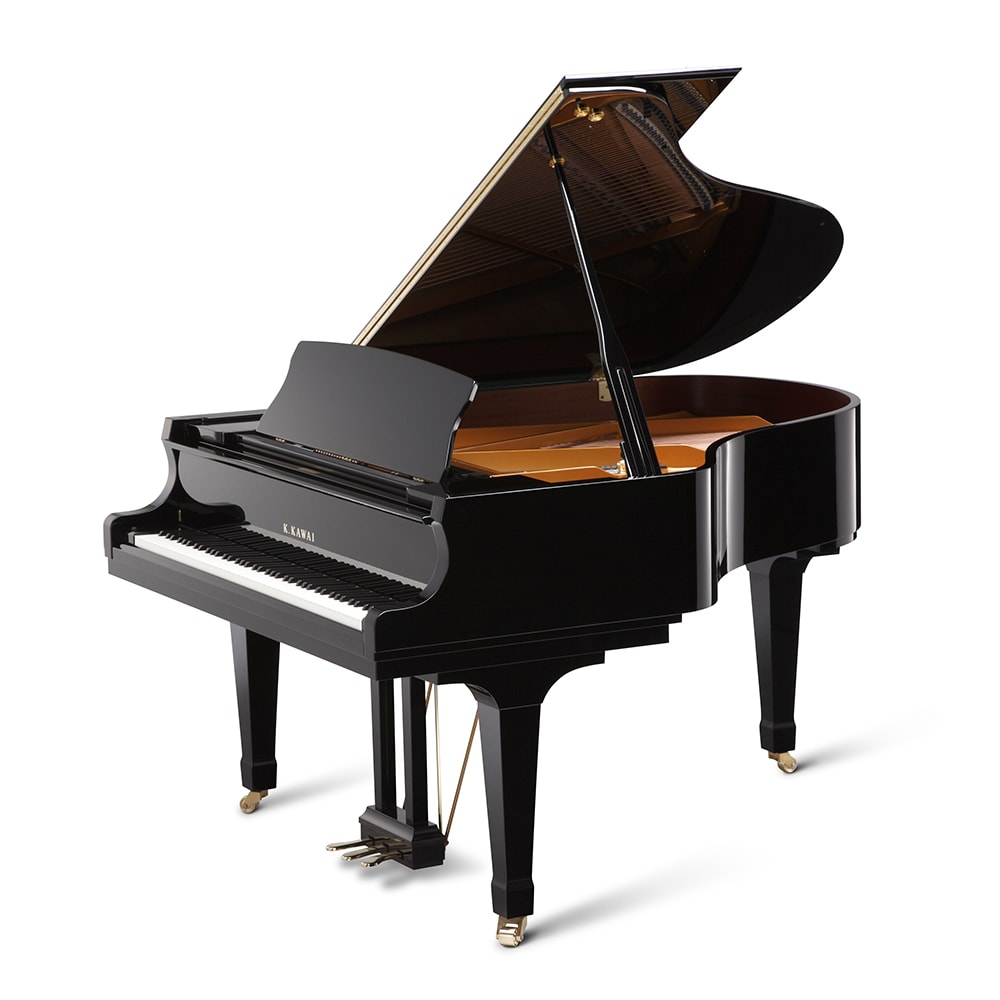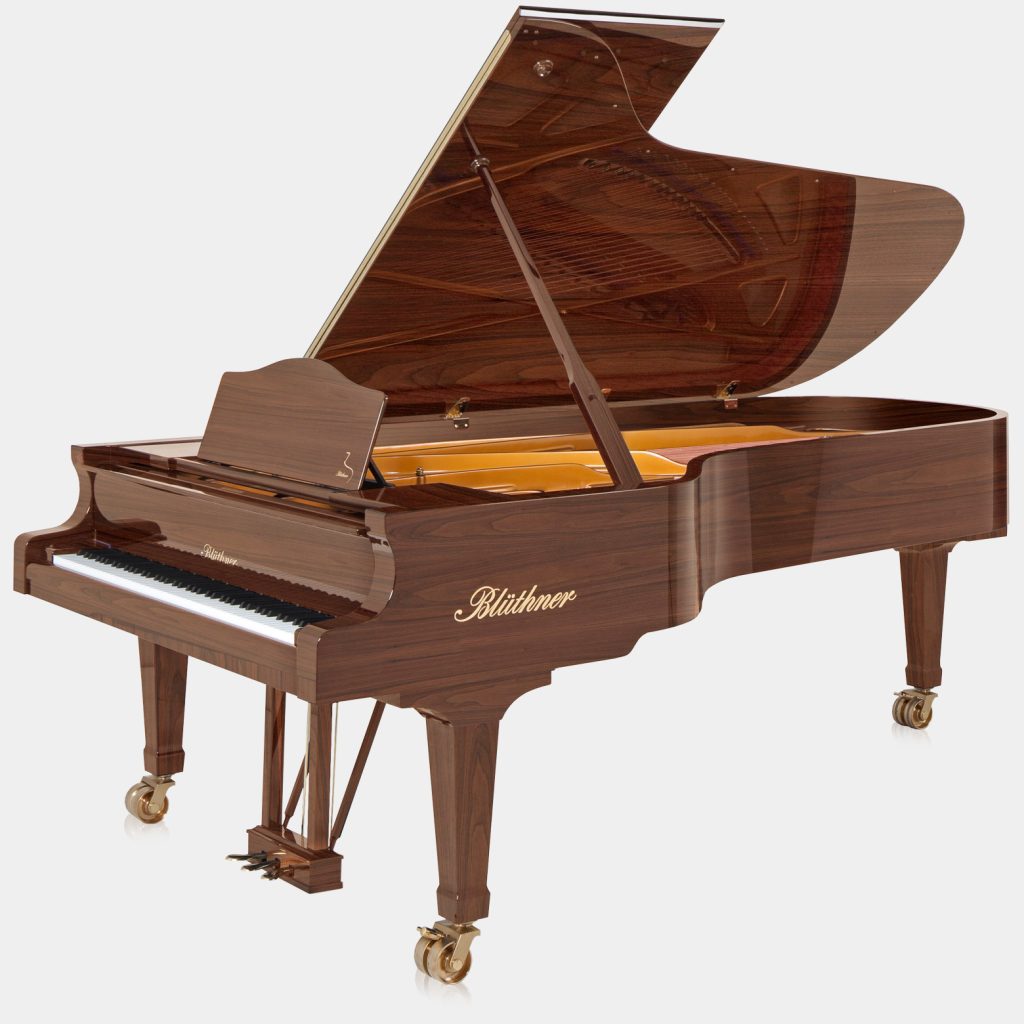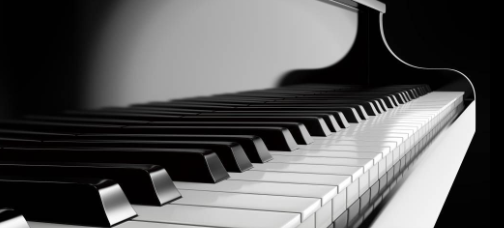Acoustic pianos are classic and timeless instruments that have been popular for centuries. Their rich and complex sound defies replication by digital pianos. However, determining the best fit for your needs can be challenging with so many different models available. In this article, we’ll take a closer look at the best acoustic pianos on the market and the key factors you should consider before making a purchase.
Our Top Picks

Yamaha CFX Concert Grand Piano
The Yamaha CFX is widely considered to be one of the best grand pianos in the world. Its clear, powerful sound and sensitive touch response make it a favorite of concert pianists and recording artists alike.

Steinway & Sons Model B
The Steinway & Sons Model B is a legendary piano that has been favored by pianists for over a century. It features a rich, warm tone and excellent touch response, making it a favorite of classical pianists.

Kawai GX Series Grand Piano
The Kawai GX Series Grand Piano offers exceptional value for its price. It boasts a clear, resonant tone and a responsive touch that rivals more expensive pianos.

Blüthner Model 1
The Blüthner Model 1 is known for its unique, singing tone that is prized by many pianists. Highly regarded for its touch response, it is a top choice for both classical and modern repertoire.
Factors to Consider When Choosing Among The Best Acoustic Pianos
- Size: Acoustic pianos come in various sizes, from the petite spinet to the grand piano. Consider the amount of space you have available, as well as your budget, when deciding on the size of your piano.
- Tone and Sound Quality: Various factors, including the materials used, the quality of the strings and hammers, and the soundboard, affect the sound of an acoustic piano. Listen carefully to the tone and sound quality of each piano you’re considering, and choose one that best suits your musical needs.
- Action: The action of a piano refers to how responsive the keys are and how easy they are to play. Consider the action when trying out different pianos, and choose one that feels comfortable and responsive to your playing style.
- Brand Reputation: The brand of your piano can be an important factor to consider, as some brands have a reputation for producing higher quality instruments than others. Do your research on different piano brands and read reviews from other piano enthusiasts to find the best option for you.
Why Acoustic Pianos?
These acoustic pianos are suitable for pianists of all levels because they offer exceptional sound quality, touch response, and craftsmanship. They’re perfect for beginners, but digital pianos are best for learners. The main thing is, they’re great for intermediate and advanced pianists who want to hone their skills and perform at a high level.
Acoustic Piano and How It Differs from Other Pianos
An acoustic piano is a traditional, mechanical instrument that produces sound through the vibration of strings. When the player strikes a key, a hammer inside the piano strikes the corresponding string(s), causing it to vibrate and produce sound. The piano’s soundboard amplifies this sound, producing the rich, full sound for which acoustic pianos are known.
Although digital pianos and keyboards have their advantages, acoustic pianos provide a unique playing experience that replication cannot achieve. Here are a few key ways that acoustic pianos differ from other pianos:
- Sound Quality: Acoustic pianos produce a rich, full sound that is difficult to replicate on a digital instrument. The strings vibrating and the soundboard resonating create a unique sound that digital replication cannot achieve.
- Action: The action of an acoustic piano is unique, with each piano having its touch and responsiveness. This can make playing an acoustic piano a more nuanced and rewarding experience.
- Maintenance: Acoustic pianos require regular maintenance, including tuning and adjustments to the action. While this may seem like a drawback, many piano enthusiasts enjoy the process of caring for their instrument and the benefits that come with a well-maintained piano.

Conclusion
Acoustic pianos offer the ultimate musical experience for pianists. The Yamaha CFX, Steinway & Sons Model B, Kawai GX Series Grand Piano, and Blüthner Model 1 are among the best acoustic pianos on the market. They offer exceptional sound quality, touch response, and craftsmanship, making them suitable for pianists of all levels. When selecting the best acoustic piano for your needs, consider factors like size, tone, and touch response to ensure you find the perfect instrument for your musical goals.
FB Page: Classical Beast

Pingback: Best Digital Piano Brands: A Guide to Top Picks
Pingback: Best Pianos for Intermediate Players
Pingback: Best Professional Pianos for The Masters
Pingback: Best Digital Pianos for Advanced Players and Musicians
Pingback: The Best Intermediate Upright Pianos for Musicians